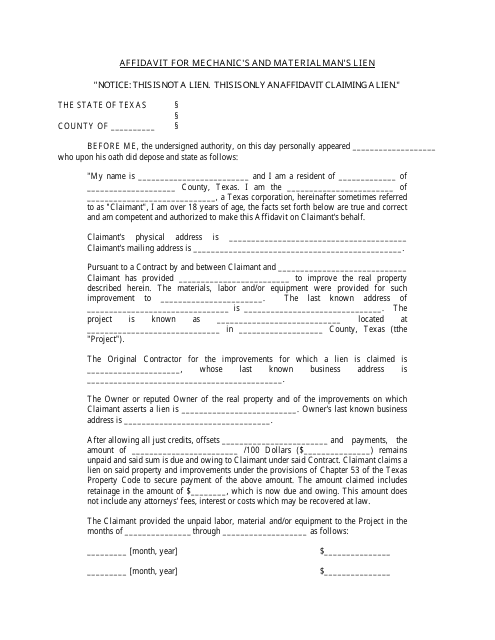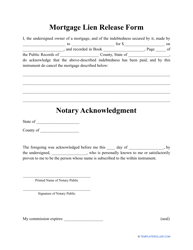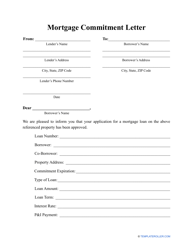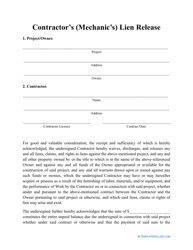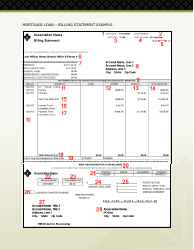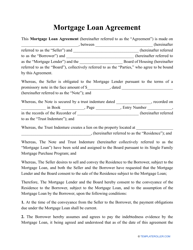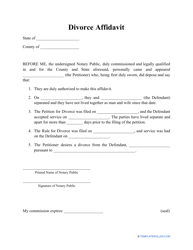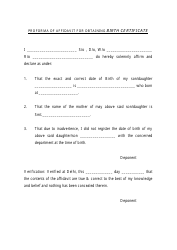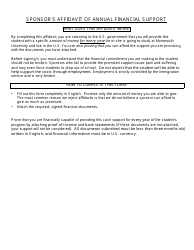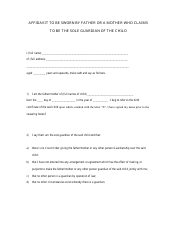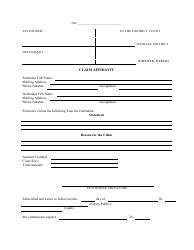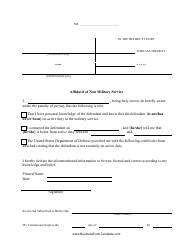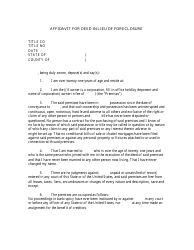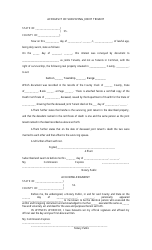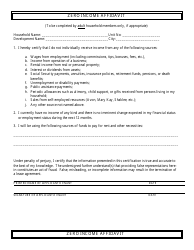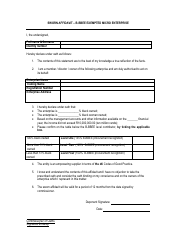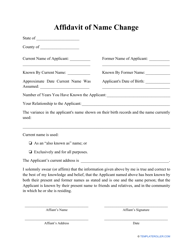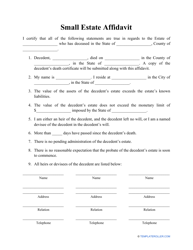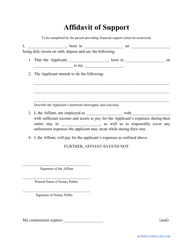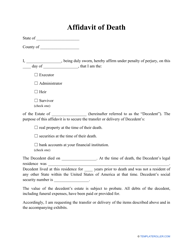Affidavit for Mechanic's and Materialman's Lien Form - Texas
The Affidavit for Mechanic's and Materialman's Lien Form in Texas is used to assert a legal claim for unpaid services or materials provided to improve a property. It allows a contractor or supplier to file a lien against the property in question to protect their right to payment.
The affidavit for mechanic's and materialman's lien form in Texas is typically filed by the party who performed the work or supplied the materials on a construction project.
FAQ
Q: What is an Affidavit for Mechanic's and Materialman's Lien?
A: An Affidavit for Mechanic's and Materialman's Lien is a legal document used in Texas to assert a lien on a property for unpaid work or materials provided by a contractor, subcontractor, or supplier.
Q: Who can file an Affidavit for Mechanic's and Materialman's Lien?
A: Contractors, subcontractors, and suppliers who have not been paid for their work or materials can file an Affidavit for Mechanic's and Materialman's Lien.
Q: What information is required in an Affidavit for Mechanic's and Materialman's Lien?
A: The Affidavit must include details about the work or materials provided, the amount owed, the property where the work was done or materials were delivered, and the names and addresses of the parties involved.
Q: What is the purpose of filing an Affidavit for Mechanic's and Materialman's Lien?
A: Filing an Affidavit for Mechanic's and Materialman's Lien helps protect the rights of contractors, subcontractors, and suppliers to get paid for their work or materials by establishing a legal claim on the property.
Q: What are the steps to file an Affidavit for Mechanic's and Materialman's Lien?
A: The steps to file an Affidavit for Mechanic's and Materialman's Lien in Texas include preparing the document, having it notarized, and recording it in the county clerk's office where the property is located.
Q: What happens after filing an Affidavit for Mechanic's and Materialman's Lien?
A: After filing an Affidavit for Mechanic's and Materialman's Lien, the claimant may enforce the lien by initiating a legal action to foreclose on the property or by negotiating a settlement with the property owner.
